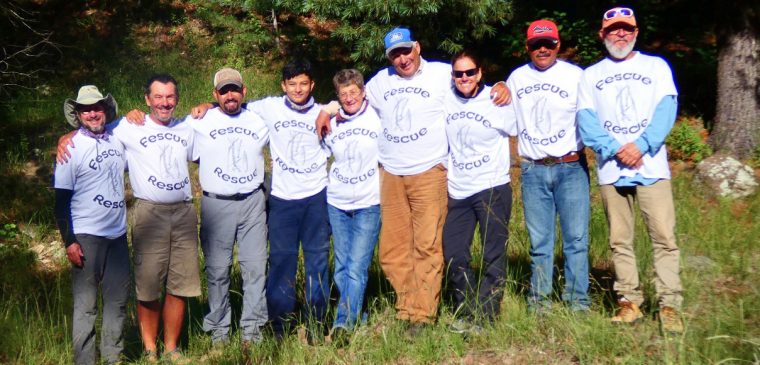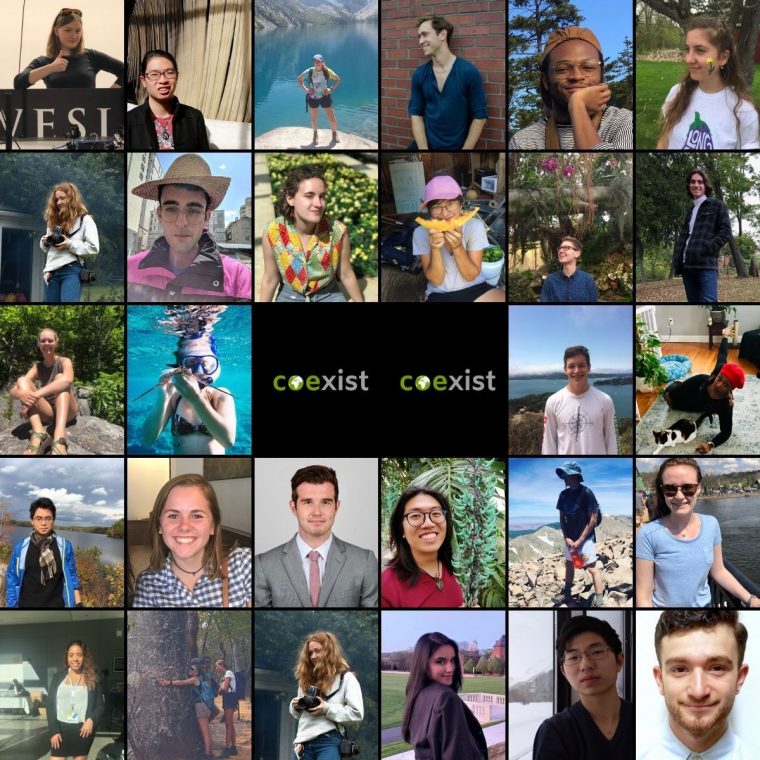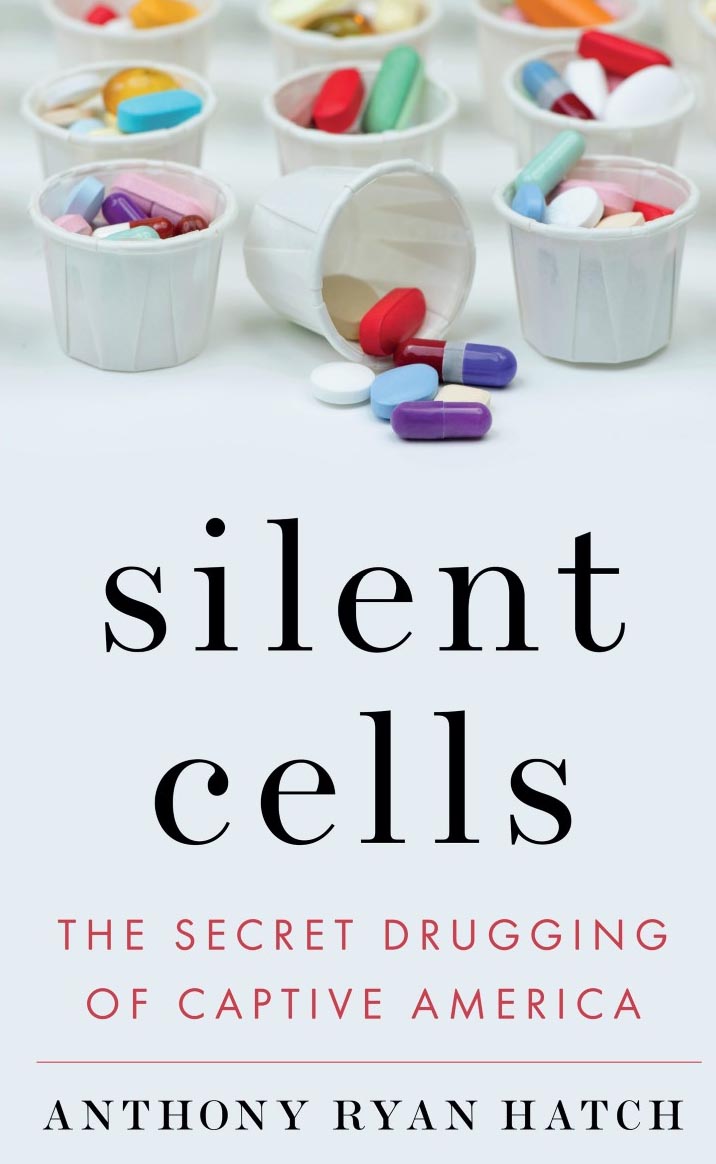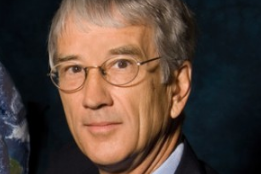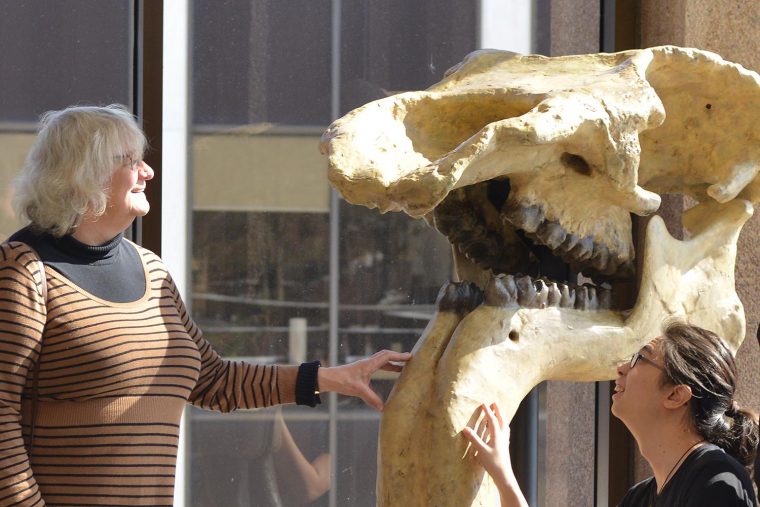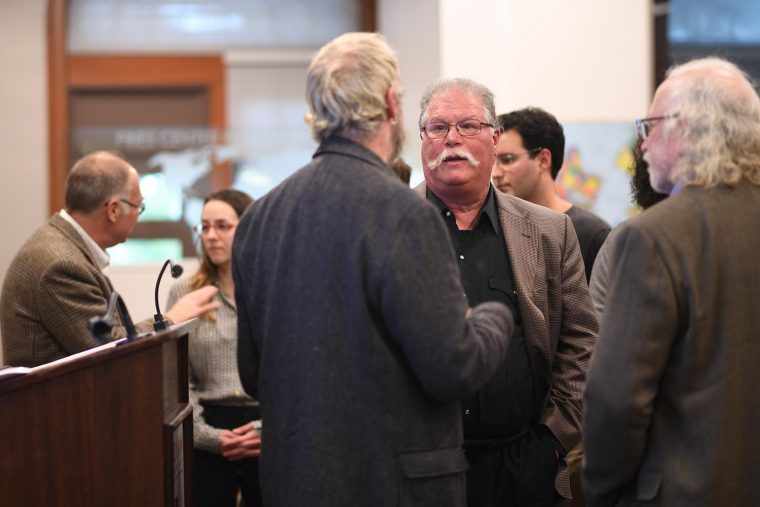The rare Guadalupe fescue once thrived in abundance atop mountains spanning the Texas-Mexico border, however, the desert-growing perennial grass is now so endangered, it only flourishes in two locations on Earth. The rapid population decline is leaving scientists puzzled. "Developing an effective recovery plan is essential for protecting Guadalupe fescue, however, the lack of basic information about this species’ ecology is a serious barrier to that goal," explained Helen Poulos, adjunct assistant professor of environmental studies. "Urgent action is needed to stabilize the two extant populations." This summer, under Poulos's leadership, Wesleyan received a National Park Service Grant to study…
This summer the College of the Environment is funding 32 research opportunities here on campus, from coast to coast, and worldwide, from Connecticut and California to Costa Rica and Ghana. That’s more than $135K for undergrad research, regardless of major or class year. Students are studying forest fragmentation in Connecticut; volcanic lake ecosystems in Oregon; Lingzhi mushroom's influence on Chinese medicine; effects of mercury pollution on Eastern Blacknose Dace snakes; solar cell materials; and much more. (more…)
Although dam removal is an increasingly common stream restoration tool, it may also represent a major disturbance to rivers that can have varied impacts on environmental conditions and aquatic biota. In a paper titled "Dam Removal Effects on Benthic Macroinvertebrate Dynamics: A New England Stream Case Study, five researchers from Wesleyan examined the effects of dam removal on the structure, function, and composition of benthic macroinvertebrate (BMI) communities in a temperate New England stream. The benthic—or "bottom-dwelling”—macroinvertebrates are small aquatic animals that are commonly used to study biological conditions of water bodies. The paper is published in the May 21…
Associate Professor of Science in Society Anthony Ryan Hatch is the author of a new book, Silent Cells: The Secret Drugging of Captive America, published on April 30 by University of Minnesota Press. The book is a critical investigation into the use of psychotropic drugs to pacify and control inmates and other captives in the vast U.S. prison, military, and welfare systems. According to the publisher: "For at least four decades, U.S. prisons and jails have aggressively turned to psychotropic drugs—antidepressants, antipsychotics, sedatives, and tranquilizers—to silence inmates, whether or not they have been diagnosed with mental illnesses. In Silent Cells, Anthony Ryan…
Wesleyan faculty frequently publish articles based on their scholarship in The Conversation US, a nonprofit news organization with the tagline, “Academic rigor, journalistic flair.” In a new article, Huffington Foundation Professor of Economics and Environmental Studies Gary Yohe writes about the economic costs of climate change, which he argues will hit our economy much sooner than many people realize. The economic cost of devastating hurricanes and other extreme weather events is even worse than we thought June marks the official start of hurricane season. If recent history is any guide, it will prove to be another destructive year thanks to the worsening…
In this recurring feature in The Wesleyan Connection, we highlight some of the latest news stories about Wesleyan and our alumni. Recent Wesleyan News The GlobePost: "Trump's Foreign Trade Policy and the Art of the Deal" In this op-ed, Giulio Gallarotti, professor of government, co-chair of the College of Social Studies, argues that Donald Trump's approach to U.S. trade policy is shaped by his career as a real estate mogul and businessman. 2. The Hartford Courant: "Don't Let the 'Green New Deal' Hijack the Climate's Future" This op-ed coauthored by Huffington Foundation Professor of Economics and Environmental Studies Gary Yohe expresses concern…
This spring, nine student ventures received grants from the Jewett Center for Community Partnerships (JCCP) Student Innovation Fund. These student efforts are representative of the JCCP’s commitment to cocreate mutually respectful partnerships in pursuit of a just, equitable, and sustainable future for communities beyond the campus—nearby and around the world. The Student Innovation Fund provides up to $750 for spring or summer projects that prioritize: Collaboration between student groups, faculty/staff, and/or community partners. Investigation of the impact of our civic engagement efforts. Sharing of ideas and learnings in civic engagement on campus and beyond. The recipients are: Jessica Brandon ’20 and Rebecca Goldfarb Terry…
(more…)
Helen Poulos, adjunct assistant professor of environmental studies, is the coauthor of two published papers in February. "Response of Arizona cypress (Hesperocyparis arizonica) to the Horseshoe Two Megafire in a south-eastern Arizona Sky Island mountain range," is published in the February issue of International Journal of Wildland Fire (Issue 28, pages 62-69). It is coauthored by Andrew Barton, professor of biology at the University of Maine at Farmington. This study documents the effects of the 2011 Horseshoe Two Fire in the Chiricahua Mountains of southeastern Arizona on Arizona Cypress. Two Wesleyan students, Hunter Vannier '20 and Michael Freiburger '21 assisted…
Two graduate students and three undergraduate students are recipients of Fall 2018 NASA Connecticut Space Grant Consortium (CTSGC) awards. They are among 39 students from 13 CTSGC academic affiliate institutions to be honored. NASA CTSGC is a federally mandated grant, internship, and scholarship program that is funded as a part of NASA Education. There are Space Grant Consortia in all 50 states, plus Washington, D.C., and Puerto Rico. Earth and environmental science graduate student Christina Cauley received an $8,000 Graduate Research Fellowship for her project “Chemistry and Biology of Giant Hydrothermal Mounds in Paulina Lake, Oregon." Her advisor is Joop…
In this recurring feature in The Wesleyan Connection, we highlight some of the latest news stories about Wesleyan and our alumni. Recent Wesleyan News 1. Los Angeles Times: "As the World Warms, Deadly and Disfiguring Tropical Diseases Are Inching Their Way Toward the U.S." In this op-ed, Professor of Biology Frederick Cohan and Isaac Klimasmith '20, both in the College of the Environment, write that infectious disease is a growing threat, resulting from climate change, that humans may find hard to ignore. Cohan is also professor, environmental studies and professor, integrative sciences. 2. Hartford Courant: "Trump's Immoral Response to Climate Report" Gary Yohe, the…
(more…)


